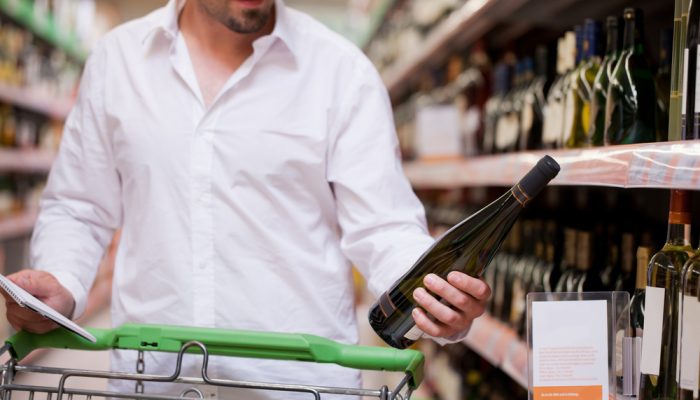When it comes to when and where you can buy alcohol, Pennsylvania has been one of the strictest states in the country. However, that is finally changing. With new legislation that came into effect last week — Act 39 — many more establishments are able to sell wine, liquor and beer. Though getting the proper license to do so may be expensive, hotels, casinos and other businesses may see it as a worthy investment.
Perhaps the most expensive license is for casinos. For a cool $1 million, they can apply to sell alcohol during overnight hours. For the first four years after initial licensing, the renewal fee is also $1 million. For the fifth year and beyond, the price drops to $250,000. Due to this staggering price, no casino thus far has said they are applying for the license. Here’s a breakdown of the other changes this new law is enacting:
Breweries
As we have mentioned before, Pennsylvania is home to some of the best craft brewers in the nation. However, these breweries have had difficulty in the past selling their product on premises. Act 39 now allows breweries to sell a wide variety of alcoholic beverages in order to attract more customers. They are now allowed to sell wine from small wineries, as well as liquor from local distilleries, for in-house consumption.
Act 39 also dictates new rules for food and beverage expositions. Essentially, breweries can hold expositional events with the goal of educating attendees about the making of beer, and can also include events like farmer’s markets, arts and crafts and music festivals. During an exposition, breweries can sell or give away samples up to four ounces and can sell their product in bottles, glasses, growlers and packages, up to 192 ounces per sale.
Permits for various events carry different costs and time restraints, so it is important for breweries to make sure all laws are being followed.
Direct Wine Shippers
Being able to ship wine directly to customers is a huge part of many wineries’ business. Act 39 makes it 
A DWS will allow a wine producer to ship no more than 36 cases, which can include no more than nine liters per case, to a customer per calendar year. The former restriction that the wine cannot be listed for sale by the PLCB is now eliminated. In addition, the wine must be for the customer’s personal use. Any resale can lead to a second-degree misdemeanor.
Other Changes
One of the most celebrated figures in Pennsylvania is Punxsutawney Phil. Every year, this groundhog dictates whether we will have another 6 months of winter or an early spring. Though not everyone follows the superstition, we do love having a drink to celebrate. Act 39 allows alcohol to be sold from 7 a.m. to 2 a.m. the next day for the holiday. If Groundhog Day falls on a Sunday, alcohol can still be sold, even if an establishment does not have a Sunday liquor license.
For businesses that primarily sell gift baskets, wine can now be included in the products. Businesses are allowed to include one bottle in gift baskets that do not include other alcoholic products. The bottle must be bought from Fine Wine & Good Spirits (operated by the PLCB), and must be from a limited winery. In addition, the basket must be delivered by a PLCB-licensed driver for hire.
Some other changes include:
- Businesses that have a “restaurant” or “hotel” license, which allows them to sell beer to go, can now apply to sell wine to go. The license costs $2,000.
- Establishments that do sell beer to go under “eating place retail dispenser” licenses can now apply for a “restaurant” license, which also allows them to sell wine to go. This upgrade costs $30,000, and businesses in Philadelphia aren’t eligible.
- Grocery stores can apply to sell wine by the bottle.
- Fine Wine & Good Spirits can have longer hours on Sunday and can open on holidays.
- More gas stations can now sell six-packs of beer.
With these new changes, alcohol is more readily available to customers. That could mean there are more opportunities for impaired driving. If you’ve been arrested for a DUI in Pennsylvania, you don’t have to face the charges alone. Contact Steven E. Kellis today for a free consultation and to learn more about your legal options.
